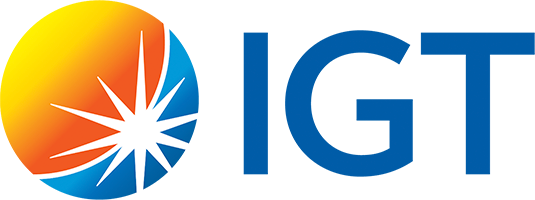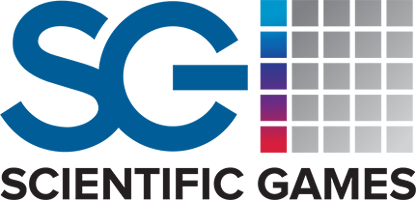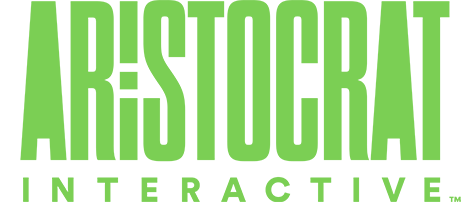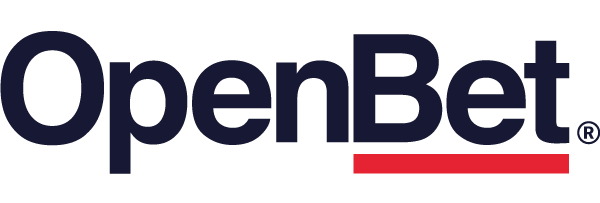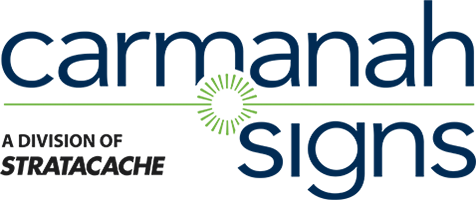The WLA has initiated Project RED (Responsible, Ethical, Dynamic) to address societal and environmental challenges (biodiversity, paper and plastic waste, carbon footprint), faced by WLA lottery and sports betting members, and share member experiences in this regard.
In collaboration with our Regional Association partners: ALA, APLA, CIBELAE, EL and NASPL, the project aims to help WLA members learn from, and connect with each other, as well as understand trends and have access to benchmarking data.
WLA Responsible Gaming certification partner DigitalRG.com has provided a dedicated space on its platform, for the exchange of best practices among global lotteries, including: case studies, successful strategies and innovative approaches in digital lotteries, resources (White Papers, research reports), and contacts for networking.
For more information about how to participate, please contact: Melissa Azam at [email protected].

